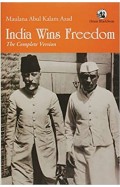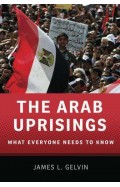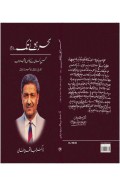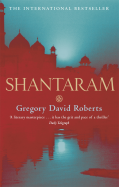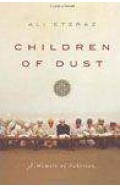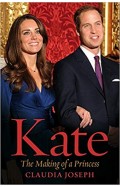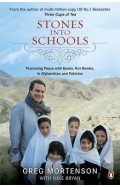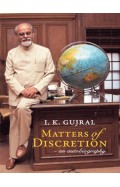- Home
- Books
- Categories
- Non Fiction
- Education and Reference
- From Mutiny to Mountbatten: A Biographical Sketch and Writings by Altaf Husain, Former Editor of DAWN
From Mutiny to Mountbatten: A Biographical Sketch and Writings by Altaf Husain, Former Editor of DAWN
By: Zeba Zubair
-
Rs 375.00
- Rs 500.00
- 25%
You save Rs 125.00.
Due to constant currency fluctuation, prices are subject to change with or without notice.
The emergence of Pakistan as an independent nation in 1947 was one of the major historical events of the twentieth century. There are few parallels in history where freedom has been achieved not with swords or on the battlefield, but with diplomacy, negotiations and unwavering conviction and effort. One of the central figures in the events surrounding the establishment of Pakistan was Altaf Husain, the Editor of the English-language newspaper Dawn.
Dawn was created by Quaid-e-Azam Mohammad Ali Jinnah, leader and founder of Pakistan, to counter the anti-Muslim propaganda by the largely Hindu Press of India during the crucial power battle between the All India Congress Party and the Muslim League. Dawn became the voice of millions of Muslims in undivided India, a unique publication that played a gigantic role in the birth of Pakistan and enjoyed an excellent international reputation.
As a fearless Editor, Altaf Husain projected his political viewpoints, aspirations and ideals through Dawn to the Muslim League leaders striving against the British Ray and their Hindu political opponents. His Dawn editorials during the crucial 1945-1947 period were inspired by Jinnah's Two Nations theory, and the belief that Indian Muslims should have a homeland of their own - Pakistan. In Dawn, Altaf Husain provided incisive political guidance - a role he continued to fill throughout his life.
From Mutiny to Mountbatten combines history, biography and extracts and quotations from Altaf Husain's articles and writings. It gives a unique insight into a major political event of our era, and the part played in that event by a remarkable editor and a remarkable newspaper. It also gives many insights into the major players of the events of the time. Above all, it provides an understanding of the mood of the Muslims of undivided India and their dream of a separate homeland.
The emergence of Pakistan as an independent nation in 1947 was one of the major historical events of the twentieth century. There are few parallels in history where freedom has been achieved not with swords or on the battlefield, but with diplomacy, negotiations and unwavering conviction and effort. One of the central figures in the events surrounding the establishment of Pakistan was Altaf Husain, the Editor of the English-language newspaper Dawn.
Dawn was created by Quaid-e-Azam Mohammad Ali Jinnah, leader and founder of Pakistan, to counter the anti-Muslim propaganda by the largely Hindu Press of India during the crucial power battle between the All India Congress Party and the Muslim League. Dawn became the voice of millions of Muslims in undivided India, a unique publication that played a gigantic role in the birth of Pakistan and enjoyed an excellent international reputation.
As a fearless Editor, Altaf Husain projected his political viewpoints, aspirations and ideals through Dawn to the Muslim League leaders striving against the British Ray and their Hindu political opponents. His Dawn editorials during the crucial 1945-1947 period were inspired by Jinnah's Two Nations theory, and the belief that Indian Muslims should have a homeland of their own - Pakistan. In Dawn, Altaf Husain provided incisive political guidance - a role he continued to fill throughout his life.
From Mutiny to Mountbatten combines history, biography and extracts and quotations from Altaf Husain's articles and writings. It gives a unique insight into a major political event of our era, and the part played in that event by a remarkable editor and a remarkable newspaper. It also gives many insights into the major players of the events of the time. Above all, it provides an understanding of the mood of the Muslims of undivided India and their dream of a separate homeland.
From Mutiny to Mountbatten: A Biographical Sketch and Writings by Altaf Husain, Former Editor of DAWN
By: Zeba Zubair
Rs 375.00 Rs 500.00 Ex Tax :Rs 375.00
Zubin Mehta: A Musical Journey (An Authorized Biography)
By: VOID - Bakhtiar K. Dadabhoy
Rs 472.50 Rs 1,050.00 Ex Tax :Rs 472.50
The Arab Uprisings: What Everyone Needs to Know
By: James L. Gelvin
Rs 1,042.25 Rs 1,895.00 Ex Tax :Rs 1,042.25
Manning Up: How the Rise of Women Has Turned Men into Boys
By: Kay Hymowitz
Rs 646.75 Rs 995.00 Ex Tax :Rs 646.75
The Arab Uprisings: What Everyone Needs to Know
By: James L. Gelvin
Rs 1,042.25 Rs 1,895.00 Ex Tax :Rs 1,042.25
No recently viewed books available at the moment.
Zubin Mehta: A Musical Journey (An Authorized Biography)
By: VOID - Bakhtiar K. Dadabhoy
Rs 472.50 Rs 1,050.00 Ex Tax :Rs 472.50
From Mutiny to Mountbatten: A Biographical Sketch and Writings by Altaf Husain, Former Editor of DAWN
By: Zeba Zubair
Rs 375.00 Rs 500.00 Ex Tax :Rs 375.00
The Arab Uprisings: What Everyone Needs to Know
By: James L. Gelvin
Rs 1,042.25 Rs 1,895.00 Ex Tax :Rs 1,042.25












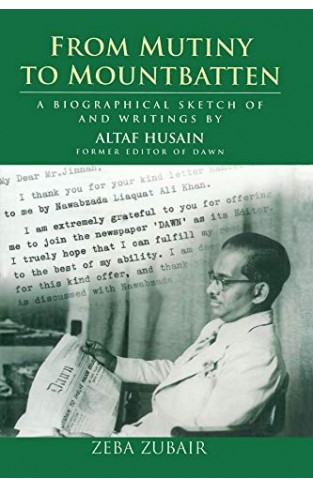
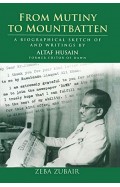
-120x187.jpg?q6)





-120x187.jpg?q6)
